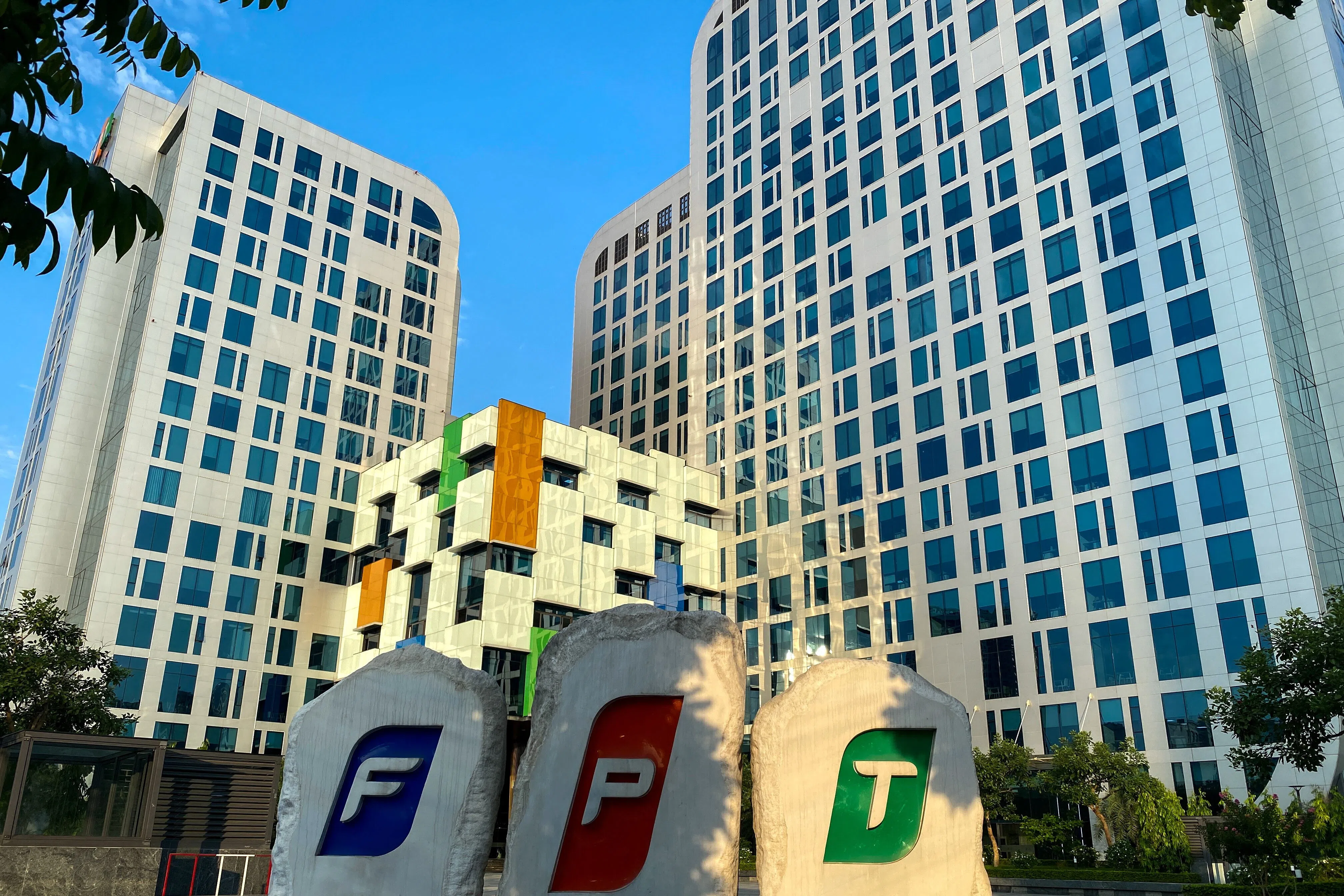VIETNAM’S software and telecommunications champion FPT plans to open an artificial intelligence (AI) data centre in Japan next year, capitalising on rising AI demand to accelerate its expansion abroad.
The plant is scheduled to start operating as early as January 2025, with a first-phase investment of US$200 million with partners, FPT chairman Truong Gia Binh said, without identifying them. The centre, like a similar US$200 million Vietnam facility announced this year, will run on Nvidia AI tech, he said.
FPT is committed to eventually invest as much as US$1 billion in AI data centres, Binh said. The Vietnam facility is set to open this year and is solely backed by Hanoi-based FPT.
FPT, Vietnam’s largest listed tech company, is pushing aggressively into AI and semiconductors to move beyond IT services. In Japan, where the firm already has a large operation, AI data centres are ramping up amid growing global demand for computing. Sakura Internet said last month that its new data centre will likely be fully booked by the time it comes online in three years.
FPT’s Japan data centre will offer computing for sectors such as automobile, manufacturing, retail and health care, with Nvidia providing key support, Binh said.
The Vietnamese company is also in talks with Sumitomo and NEC about collaborating on artificial intelligence, Binh said. FPT will look into possible joint ventures with Japanese telecom companies, he said.
A NEWSLETTER FOR YOU
Friday, 8.30 am
Asean Business
Business insights centering on South-east Asia’s fast-growing economies.
FPT expects to increase the number of employees in Japan to 5,000 in 2025 from 3,500 now. A further 12,500 employees in Vietnam are dedicated to the Japanese market, he said. The company expects revenue from its Japan unit to jump to US$1 billion in 2027 from US$500 million this year, Binh said.
“We have our strongest base in Japan,” he said.
Beyond Japan, FPT is weighing setting up data centres in Taiwan, South Korea and other regions with the backing of Nvidia, its co-founder said in April. Last month, it signed a pact with the National University of Singapore for a US$50 million joint AI lab and in 2023 struck an agreement with Landing AI to provide educational programmes for Vietnam’s tech workforce.
It’s also in talks with two Taiwanese companies for semiconductor joint ventures, Binh said, without identifying them. One is a chip packaging, testing and assembly company, and the other, an AI chipmaker, he said. The discussions include setting up a chip design development centre in Vietnam with the companies, Binh said.
FPT developed seven types of chips used in smart devices and the telecom, automotive and energy sectors in 2023, and expects to finish designs of an additional 10 types next year, Binh said. It plans to supply 10 million chips to Japan among 70 million chips to global market in 2025, according to the company.
Last year, FPT said it planned to spend US$100 million annually for five years in overseas acquisitions. It is looking for deals in industries including automotive and IT solutions for logistics and manufacturing, Binh said. In March, it bought Japanese IT services company Next Advanced Communications NAC.
“Mergers and acquisitions are critical from now on for FPT for faster penetration in different industries,” Binh said. “If we see targets in America, Europe, Japan or Singapore, we decide very fast.” BLOOMBERG







